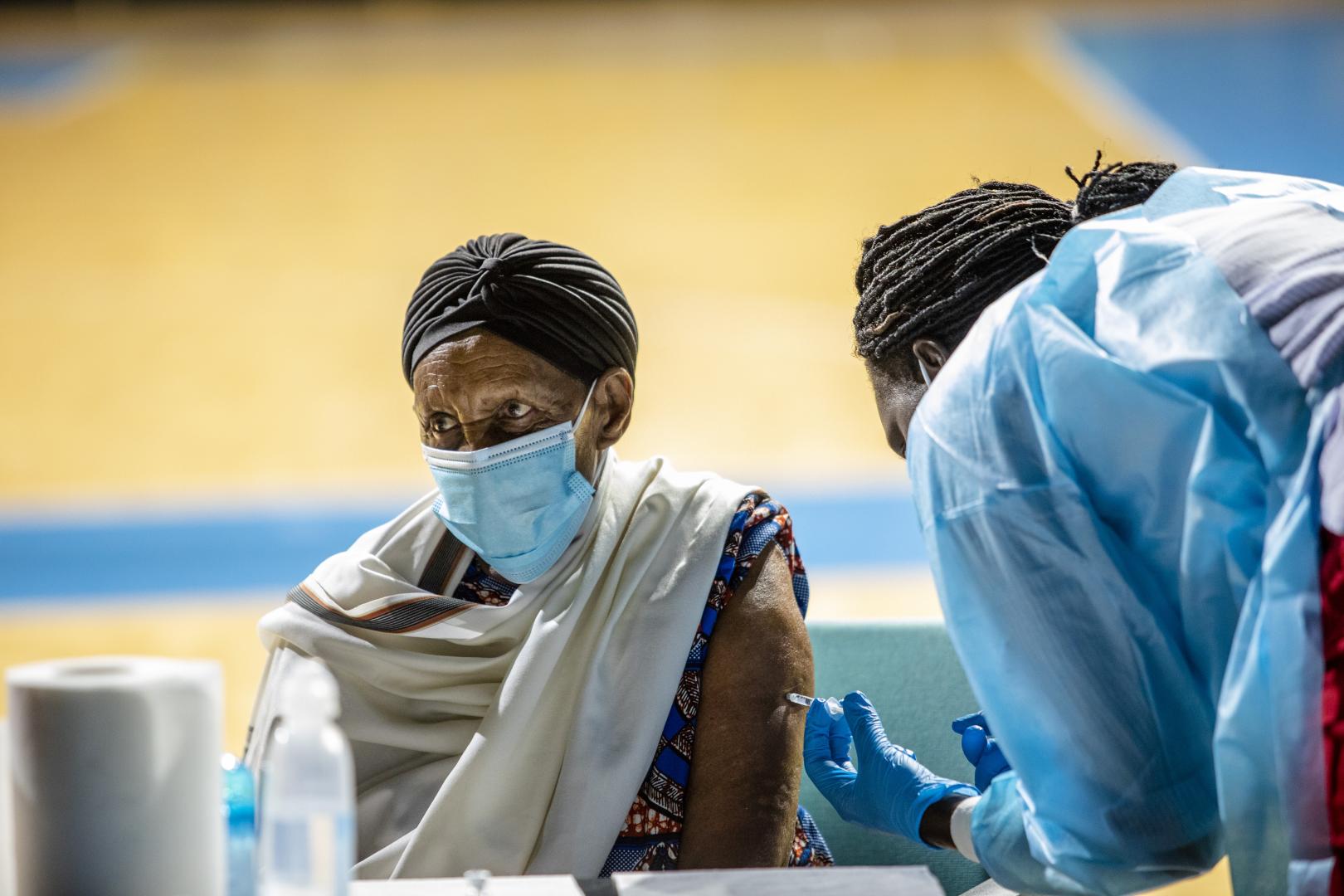By Mohammed Murad
While many first-world nations have now fully vaccinated more than 70% of their citizens against the COVID-19 virus, there are African nations where fewer than one person in 100 have received shots. According to a research team based at the U.K.’s University of Oxford, only about 2% of people in all developing nations have received one dose.
Creating an infrastructure for delivering vaccines into citizens’ arms in underdeveloped countries is the first step in closing the current inequity. However, once doses of the vaccines arrive in nations such as Tanzania, Chad and the Democratic Republic of Congo, there remains a need to accurately identify who will receive the shots.
Driver’s licenses, passports and birth certificates commonly used to identify people worldwide don’t work in areas where millions of people lack any form of legal ID. Solving the identity problem may lie with biometrics. For example, unique patterns in a person’s iris provide a highly accurate means of identification. Enrolling people in an iris database before receiving their first shot would make identifying them quickly and efficiently when they return for a second dose. Such an identification system also prevents people from receiving more shots than required.
An iris biometric solution becomes more valuable as children as young as 5 are about to be approved for vaccination. A recent U.S.-based study found the irises of children between the ages of 4 to 11 – and beyond – remain consistent for measurement over time. Even iris scans administered to children as young as six weeks of age are suitable for identification.
Any chosen biometric system must preserve a citizen’s privacy, be secure against cyberattacks and have the portability to go to remote rural areas where many people live. An iris-based biometrics system meets those requirements. Also, iris-based technology is contactless, another important consideration during a pandemic.
An iris biometric system is quick to set up. And once in place, it could maintain a person’s medical and other records well into the future.
A recent academic paper looking at COVID-19 vaccine inequities concluded, “We have a narrow opportunity to set the stage for such a fair and sustainable infrastructure across the globe. If done well, we can ensure the promise of the COVID-19 vaccine portfolio leads to future widespread vaccination – and protection – for global populations.”
(Mohammed Murad is vice president, global development and sales for Iris ID, a global provider of iris recognition solutions. IrisAccess® is the world’s leading deployed iris recognition platform and is used in thousands of locations, authenticating millions of people’s identities daily.)

